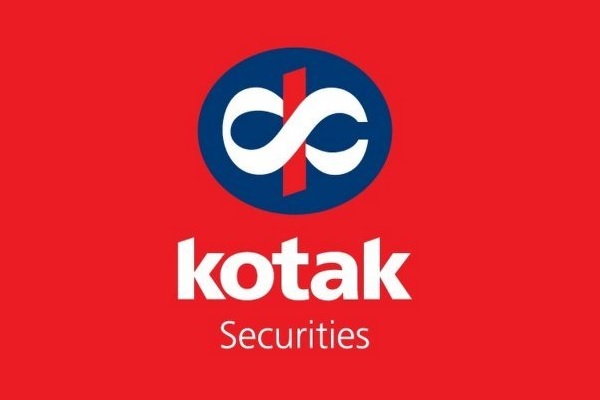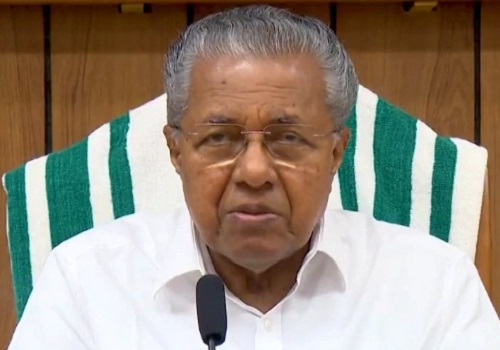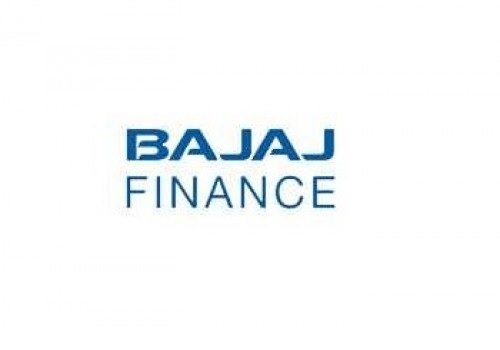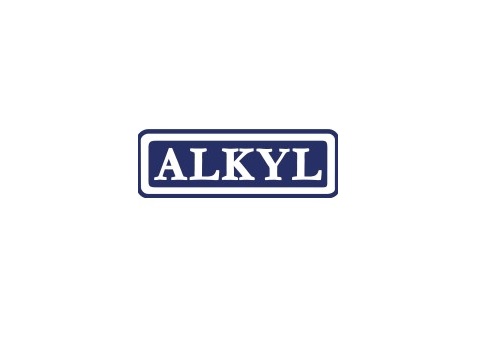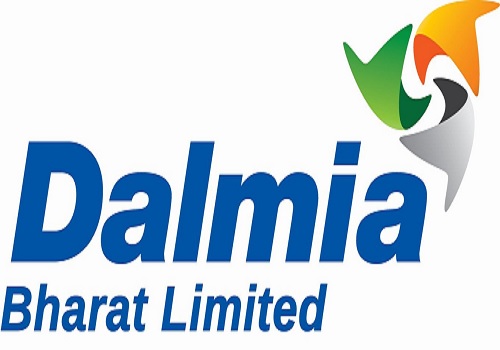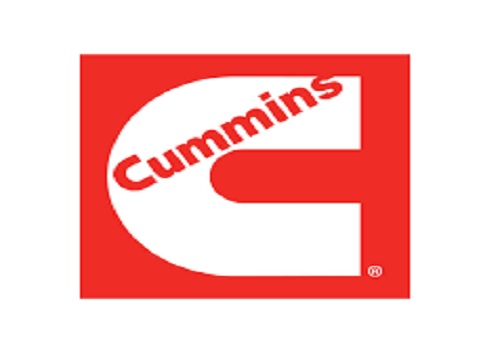Update On RBL Bank Ltd By Motilal Oswal
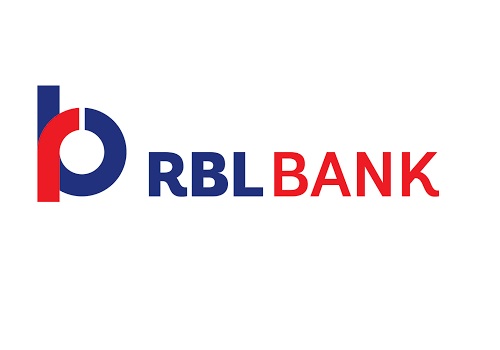
RBI appoints an additional director; MD and CEO Mr. Vishwavir Ahuja proceeds on leave
* The Reserve Bank of India (RBI) under Section 36AB of the Banking Regulation Act has appointed Mr. Yogesh K. Dayal, Chief General Manager, RBI, as an additional director to RBK’s board for a two-year period, with immediate effect. RBK's board has also accepted the request of Mr. Vishwavir Ahuja – MD and CEO – to proceed on leave with immediate effect and appointed Mr. Rajeev Ahuja (currently the Executive Director) as interim MD and CEO, subject to regulatory and other approvals. These developments have come as a negative surprise, and raises concerns on the bank's performance as perceived by the central bank and its ability to deliver on its guidance.
* In the past, RBI has appointed an additional director to the boards of Jammu & Kashmir Bank, Yes Bank, Dhanlaxmi Bank, and Ujjivan Small Finance Bank owing to concerns around asset quality, inability to raise capital, weak operating performance/metrics, and to strengthen the board and corporate governance. RBI has been proactive on asset quality and corporate governance issues, and has superseded the board of many NBFCs – SREI Infra, Reliance Capital, and DHFL – in the recent past, before initiating the insolvency process.
RBK's performance has been under pressure in recent years
RBK has witnessed elevated asset quality stress in recent years, initially led by higher NPL formation in the Corporate portfolio. After the lifting of COVID-related restrictions, slippages have spiked in the Unsecured business (MFI and Credit Cards), which together constitutes ~31% of total loans. Consequently, the bank has reported a slight decline in its loan book over the past two years, while RoA for FY20-21 halved over prior years. We are currently projecting RBK to report losses in FY22, even as the management has guided at a 1% exit RoA for 4Q.
2QFY22 performance recap
Slippages stood elevated at INR12.2b, predominantly from the Retail book (gross slippages of INR3.7b from the MFI book). GNPA/NNPA ratio rose 41bp/13bp QoQ to 5.4%/2.14%. However, higher provisioning enabled a healthy PCR (~62%). Total restructured loans stood ~INR21b (3.7% of loans), with 79% in Retail and the balance in Corporate. RBK has created provisions worth INR2.6b on its restructured portfolio and carries additional COVID-related provisions of INR1.3b. On the growth front, the loan book fell 1% QoQ to INR560b, while the Retail-to-Wholesale mix stood at 55:45, with a 31% mix of Credit Cards and the MFI segment. Deposits grew 17% YoY to INR756b, led by CASA growth of ~33% YoY (~7% QoQ).
Some silver linings
At the onset of the COVID-19 outbreak, RBK witnessed a significant deposit outflow, which put its liability franchise under pressure. The management focused on improving granularity, raised equity capital to prepare for any exigencies, and also increased the proportion of the Retail business, which aided improvement in several key operating metrics. RBK’s capital adequacy stands at a healthy 16.3% (CET-1: 15.5%). It has a robust Liquidity Coverage Ratio of 155%, net NPA ratio of 2.1% (PCR at 61.7%, 76.6% including TWO), and a C/D ratio of 74.1 % v/s 100% in 4QFY20. CASA ratio has improved by 880bp to 35.3% over the past two years, with the cost of deposits moderating by 190bp to 5% over the same period.
Key guidance by the management that now needs to be pondered upon
Post its 2Q result, the management said GNPA levels have peaked in the quarter and that credit cost/slippages for 2H is likely to be 50% of 1HFY22 levels. Credit cost for FY23E is likely to be half of FY22E levels, with PCR in excess of 65% by the end of the current fiscal. It expects exit NIM/RoA at 4.5%/1% in 4QFY22.
Valuation and view
RBK has reported a weak operating performance in recent years on elevated provisions and tepid NII trends, which adversely affected profitability. On the business front, loan growth remained muted, affected by a sharp decline in Micro Banking and the Business loan portfolio. However, the Credit Cards segment has shown a healthy recovery as card acquisition has picked up, while spends have seen a robust recovery. On the asset quality front, slippages remain elevated, while the increase in restructured book was led by the Secured business loans and the Micro Banking portfolio. Current developments have raised concerns about the bank’s ability to sustain a turnaround in its operating performance, while at the same time raising worries of similar actions by the regulator on other mid-size Banks, where the operating performance has been sub-optimal. We thus put our rating under review and remain watchful of further developments and await further clarity in the 3QFY22 result.
To Read Complete Report & Disclaimer Click Here
For More Motilal Oswal Securities Ltd Disclaimer http://www.motilaloswal.com/MOSLdisclaimer/disclaimer.html SEBI Registration number is INH000000412
Above views are of the author and not of the website kindly read disclaimer







